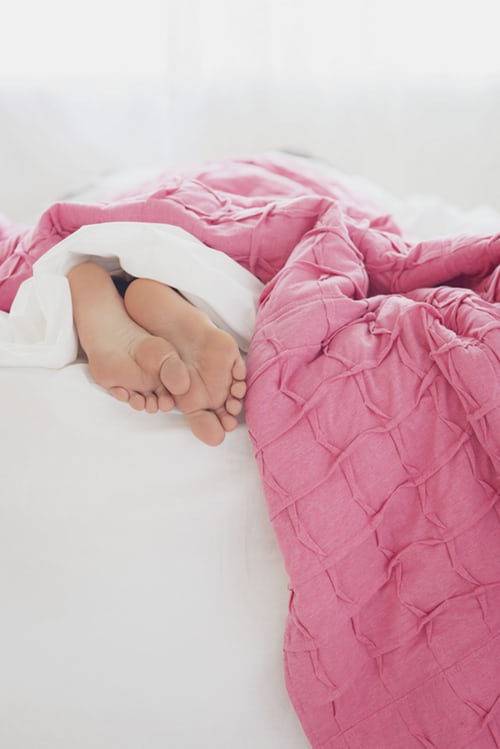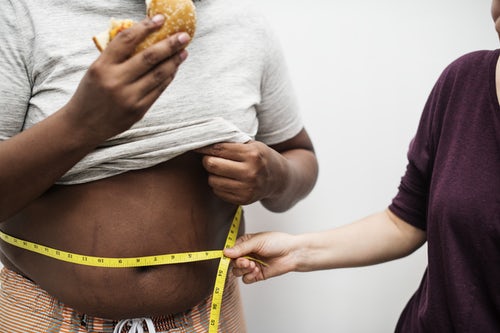A couple of weeks ago I promised to let you know how I’ve changed my sleep patterns and how that’s been going for me. Well, today I’m going to give you my new ritual and let you know how it’s measuring up.
The process of deciding on and planning for a good night’s sleep—
The first thing I did wanted to decide, once and for all, what time I wanted—needed—to go to bed every night and how much sleep I would aim for nightly if I were going to be a fully functioning, alert individual.
1) First, I decided on a no later than 10:00 PM in bed and lights out schedule and a 6:30 AM wakeup. I know from past experience that I function best on 7 to 9 hours of sleep a night and usually lean toward the longer number of hours.
2) Second, I set my smartphone to switch to darker yellow light at 8:00 PM. With the bedtime schedule set on it, the phone alerts me at 8:00 that I need to be in bed at 10:00, and that my preparations should start at 9:00. (I get plenty of warnings.)
3) Unless I miscalculate on preparation hours, or an emergency deadline or need arises, I shut of my computer by 8:00 PM, preferably 7:00. If I’m really motivated, I don’t get on it after 5:00.
4) Around 8:00 PM, I start dimming lights around the house or shutting most of them off completely. When I enter my bedroom at 9:00, I turn on my bedside light and leave the main, intensely bright lights, off.
All of this helps trigger my melatonin production to prepare me for sleep.
5) If I need or want to shower to relax, I shower around 9:00 and prepare for bed in a relaxed manner.
6) No later than 9:30, I’m in my little sitting room just off my bedroom, with a good book in hand, reading. I’ve stopped reading in bed, with my head cocked at an obtuse angle, putting strain on my neck muscles, back and hands.
7) A little before 10:00, the engineer and I hold hands and say our bedtime prayers. And we always ask for a good, peaceful and restful night’s sleep.
8) Then it’s off to bed. Nightstand lights out. At 10:00, my phone conveniently darkens its screen and shows little stars and a slivered moon as it blocks any incoming calls, text messages or emails from waking me up. The phone doesn’t even vibrate. It just stores everything until the next morning. It takes its place on my nightstand, ready to awaken me with lovely, soothing music that gradually gets louder until I turn it off. Once I do, the screen greets me with Good Morning!
How has my bedtime ritual benefited me?
Sleep is arguably one of the most important times of our day. Lack of it causes a host of physical problems, including weight gain and inability of the body to shed toxins or rejuvenate itself or heal properly. Lack of sleep can also cause depression, worsen it, and lead to cognitive dysfunction and physical and emotional stress.
The first night we tried our new sleep schedule we were amazed by the results.
Doing the new schedule was difficult for the engineer because he usually returns to the computer right after dinner and sits for hours in front of the blinding screen before running directly from his office to bed. If he wanted to try to unwind—do something mindless before bed—he might watch an old movie on television before hitting the sack.
He wasn’t sleeping well.
Within 15 minutes of starting our reading, though, our eyelids felt so heavy that we had to quit reading earlier than expected. Both of us fell asleep instantly when our heads hit the pillows. When my music started the following morning, I had already started awakening naturally to the sunrise and wasn’t jarred awake by the music.
It was actually a pleasant wakeup, and I felt energized and ready to go.
But first, I took the advice of my Shetland sheepdog (and all of the cats that have condescended to live with me over the years) and did some stretching in bed before swinging my legs over the side of it and letting my feet hit the floor. After toileting, removing my retainer and brushing my teeth, I am ready for some light calisthenics that get my blood pumping and lungs ballooning.
After five weeks of this regimen, I’ve never felt better after a night’s sleep! With the increased melatonin production, my body is always ready to lay it down, even if I add some light exercises to the regimen before showering or grabbing my book to read. And my night’s sleep is deeper and more rejuvenating.
When I skip this regimen during the weekend and go to bed too late, and without my reading ritual, I can feel it. Maybe it’s my age (most probably it is), but I can’t shake that lousy bedtime preparation off like I used to.
Physical benefits of sleep—
One of the big benefits, after trying nearly everything else in the way of diet and exercise, is that I’ve managed to shave eight pounds from the scale! Yippie!
The better and longer sleep, in combination with
- making sure I avoid all of the foods that cause problems for me or cause inflammation (inflammation can wreak havoc on your sleep);
- regular (3-4 days a week of strenuous cardio and weight lifting exercise) exercise; walking leisurely (about a mile) after dinner to ramp up the digestion;
- walking a more fast-paced mile every other morning and on the days I add several strenuous nighttime calisthenics to my daily activities;
- not eating unless I’m hungry and then maybe deciding not to eat even then;
- making my evening meal the lightest one of the day and always making sure I consume it by 6:00 PM;
- not going to bed within 3-4 hours after eating;
- not exercising within 3 hours after eating;
- avoiding most desserts and reducing my sugar intake;
- ditching the coffee;
- reducing my dairy product consumption;
has done wonders for my energy level and improving the way I feel physically.
Psychological and emotional benefits of sleep—
I’ve also found that my melancholy and depression has reduced significantly. And when it does sneak up on me, I am more capable of resisting and combatting it. For that I am most grateful.
I’m more alert, less sluggish. I have more energy for exercising.
But now that the days are getting shorter and the nighttime is lengthening, I may lengthen my sleep. The engineer and I call it “keeping farmer’s hours.”
Doing a better job at maintaining the rhythm of life.
But there are certainly bound to be days when I’ll need to arise before the sun does, so I’m purchasing a sunrise “alarm” clock. If you’ve never heard of one, it gradually lights up at the rate the sun would come up and illuminates the room as a sunrise would.
People I know who use one swear by them, and the reviews are good. I’m ordering mine this week, so after I’ve had a chance to try that out for a while, I’ll give you my take on that method.
The engineer and I are ecstatic with our sleep results. And to add extra melatonin help, we’ve started using a major brand name lotion that contains both lavender (a soothing sleep aid) and melatonin. The engineer swears it helps kick his sleep into high gear.
Next, he wants to try taking melatonin when he has to travel overseas on business, when sleep is usually at a premium and not restful.
If any of you have used melatonin for travel, I’d love to hear your feedback!
Until next week,
Happy sleeping!
Andrea
Andrea Arthur Owan is an award-winning inspirational writer, fitness pro and chaplain. She writes and works to help people live their best lives—physically, emotionally, and spiritually.

